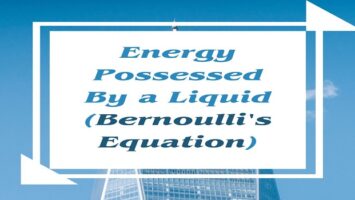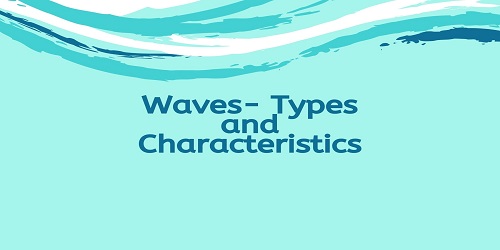Bohr’s Correspondence Principle:
Classical mechanics deals with the macroscopic bodies where as Quantum physics deals with the microscopic object. Bohr’s Correspondence Principle is the combination of classical physics and Quantum Physics.
According to the correspondence principle, a system in a higher quantum number with higher excitation is governed by the laws of classical mechanics. Classical mechanics is not applicable to large systems. For systems at very low temperatures or in very low states of quantum numbers, lows of quantum mechanics are applicable. Examples are He3+, He2+, superconductors, etc. The correspondence principle can be illustrated as follows:
(1) In quantum mechanics, one of the important features is the uncertainty principle. The uncertainty in determining the position of a particle is given by h = h/mν
For a particle having high momentum λ is small and its position can be accurately determined and it be haves as a particle similar to the behavior of particles in classical mechanics.
If the momentum is very small λ is very large and wave characteristics are exhibited. This explains the dual behavior of various particles.
(2) In classical thermodynamics, Maxwell-Boltzmann’s statistics are applicable for gases having low density and high temperature. However, in quantum mechanics, three different types of statistics are applicable to particles of half-integral spin. Bose-Einstein statistics is applicable for particles having an integral spin. The two statistics behave differently at low temperatures i.e., for systems of low excitation. At higher temperatures, however, both statistics merge into the classical Maxwell-Boltzmann statistics.








Comments (No)